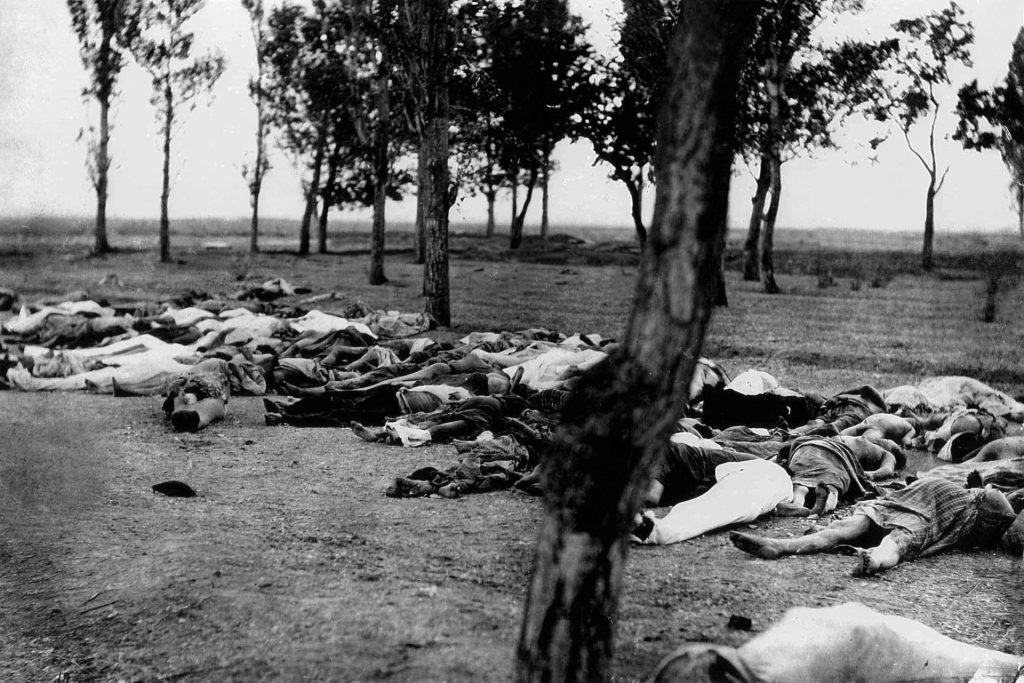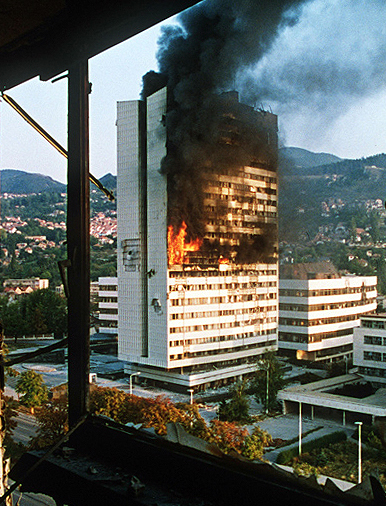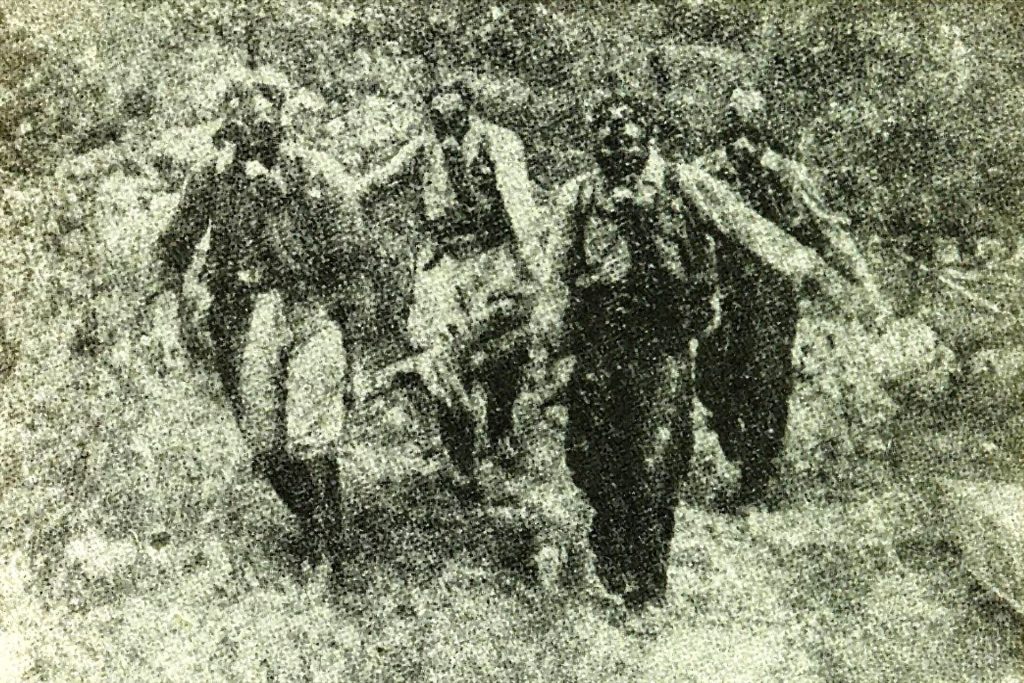Even a wrong idea of State can generate holocausts
The terrible genocides of the twentieth century are children of nationalist and fundamentalist visions of statehood and nation: it is blind faith in Reason that generates monsters
On April 24 fell the painful anniversary of the “Metz Yeghern”, the Armenian holocaust, enacted by the Young Turks, between 1915 and 1916: this date allows us a more general historical and political reflection, which concerns some aspects, not always sufficiently analyzed, of the genocidal phenomena of the twentieth century.
The unbearable and eternal stupidity of the censorship algorithm
Of course, on the holocausts of the twentieth century and, in particular, on the Shoah, rivers of ink have been spent, however, I would like to invite you to reflect on a character, perhaps marginal, but still worthy of attention, which unites these terrible phenomena: it has always been self-defensive dynamics.

The dangerous trigger determined by self-defensive dynamics
In every European genocide, an ethnic or social mass of significant cohesion has sought to protect itself by practicing the scientific destruction of another ethnic or social mass, equally cohesive and identified as a dangerous or, at least, polluting or toxic enemy.
This was the case with the Young Turk project as with the elimination of the Ukrainian Kulaks, with the Shoah as with the Yugoslav foibe. In short, the genocides all have, in their matrix, a very strong, if not pathological, idea of the nation-state.
Dramatic overview of holocausts in twentieth-century Europe
On the other hand, the twentieth century was, without a doubt, the century of hyper-nationalism: the basis of this ugly political disease is to be found in the blameless Romanticism and its anti-Napoleonic patriotism, which, passing through the forging of the great national and irredentist movements of the nineteenth century, led to the chauvinist, when not openly xenophobic, concept of hyper-nationalism.

From national sentiment to the ideologies of the early twentieth century
All this generated the Great War and, shortly afterwards, by replacing national sentiment with ideology, the terrible totalitarianisms of the twentieth century.
Everything, however, starts from this ethical, granitic, unchangeable and unassailable idea of the State, as an expression of the political, military and geographical aspirations of a people. “Ein Volk, Ein Reich, Ein Fuehrer” is a slogan that perfectly sums up this concept.
The perverse fusion between a foolish trust in an organic and scientific vision of the Nation, an excessive chauvinist charge, an aberrant ideology, can, in certain historical moments, originate monsters: not the sleep of reason, then, as in the inspired drawing of Goya, but a reason devoid of humanity and conscience, in which one places a blind trust, is at the origin of humanitarian catastrophes of the twentieth century. And this reason was closely linked to a precise and clear vision of the State: the homogeneous and petrified State.

The Swiss case as an antidote to a petrified idea of the State
To come to us, a federal state, with its pactual component and the inevitable compromise that lies at its origin, could never have generated historical dynamics of this kind: and even less so the Helvetic Confederation, with its wealth of different languages, religions and cultures.
So, returning to “Metz Yeghern” and the tragedy of the Armenian people, the fact that the leader of modern Turkey persists in denying even that the genocide has never existed shows how certain issues are still pressing and that a reflection on the forms of state and government is still necessary.
One hundred and sixty years of Italy, not even one of federalism…
It goes without saying that, for an infinite number of reasons, not the least of which is the subject of this brief intervention, the federative model appears to be the future of all reasonable countries.
On the contrary, the re-proposition of the State-Nation equivalence seems to us a sad regurgitation of the past: an obsolete idea of civil coexistence, which has already borne very bad fruits, of which it is impossible not to take into account.

https://youtu.be/FOiC-lX1U7






